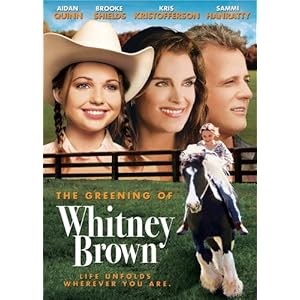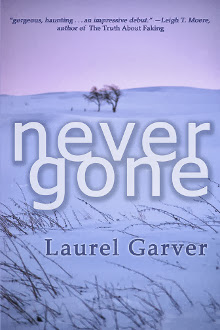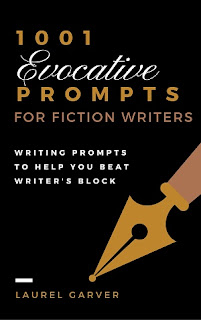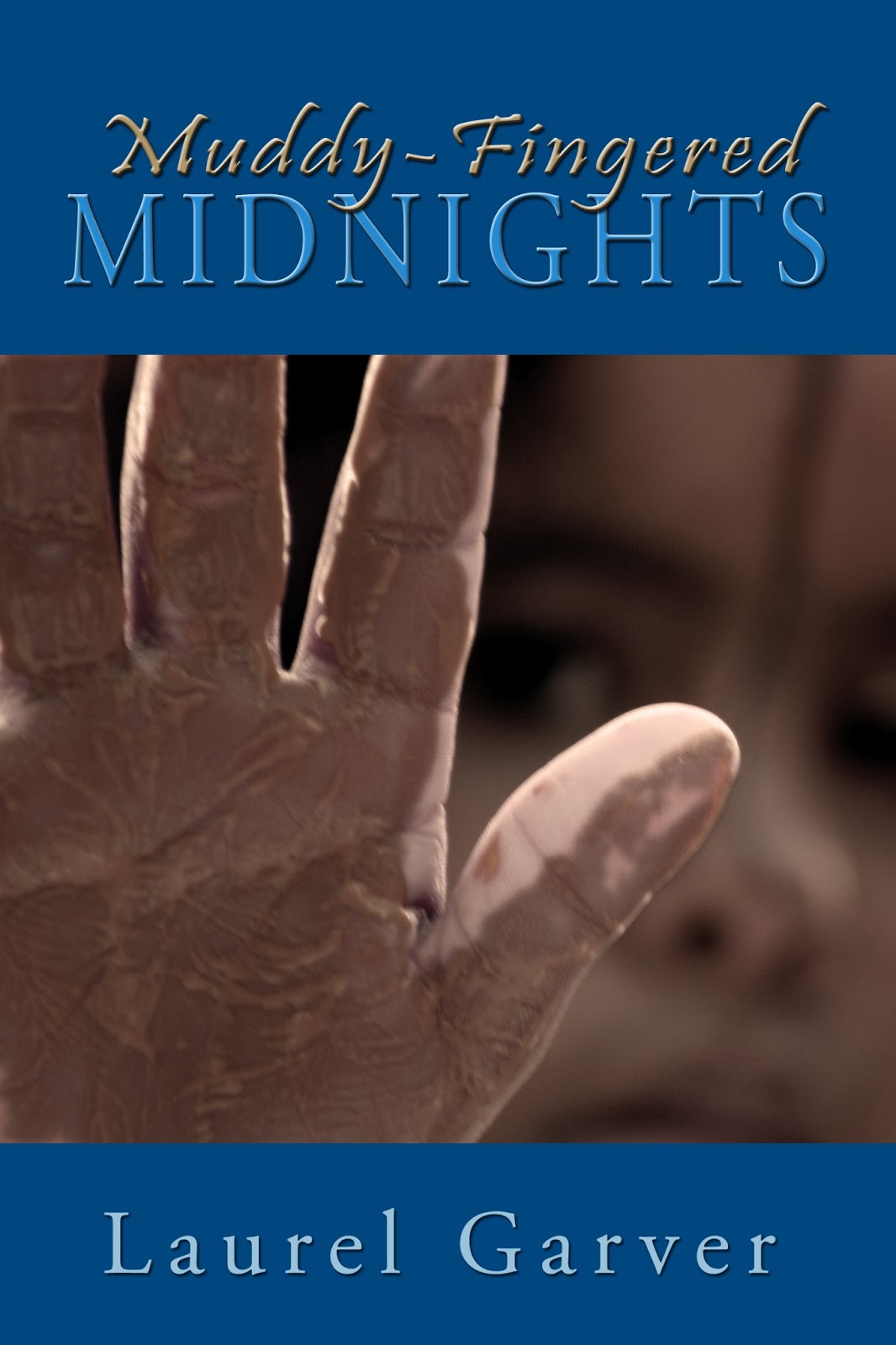Yesterday was my very first school visit, in which I discussed editing and writing with my daughter's mixed 3rd-4th grade class (her private school has mostly mixed-grade classrooms to encourage peer mentoring).
In addition to talking about what editors do and describing how I switch gears to write fiction, I also shared a little about how to shape a story. The teachers want me to come back and do some more activities on the topic, because this is one of the toughest things for kids ages 8-10. Their ideas are big and sprawling and rapidly become overpopulated and never quite arrive anywhere.
One activity we did together was discuss a basic story arc, and pulled examples from the film
How to Train Your Dragon (HtTYD). I think it might be helpful to writers at any level to take a look at these skeleton basics, because we too can lose the forest for the trees:
Eight point plot structure
1. Stasis
This is where we see the normal, every day life of the character--what sort of person they are, and what are the “rules” of the world they live in.
In HtTYD, we meet Hiccup, the techie geek boy with a laughable name, and learn that he lives in a medieval-type Viking culture that has some problems--their weather is terrible and they have a "pest" issue, namely that dragons regularly attack and steal from them. Hiccup is inept at the one thing that matters most--killing dragons. He longs to be respected.
2. Trigger
Something disrupts or changes your character’s normal world. It might be something bad, like Snow White’s stepmother turning against her, or something good like finding a treasure map.
In HtTYD, Hiccup actually succeeds at doing something his culture values--he takes down one of the most feared types of dragons, a Night Fury.
3. Quest
In response to the trigger, the main character wants to do something, whether it’s Snow White fleeing for safety or the map finder seeking the treasure.
In HtTYD, Hiccup realizes he does not want to kill the dragon he injured. He commits to understanding dragons differently than his culture does.
4. Obstacles and surprises

This is the main portion of the story--the middle--where the main character sets out on the quest and stuff happens. Other characters help or hinder them. Nature and society helps or hinders them. There should be a mix of defeat and victory. The events shouldn’t be too random or too obvious. They should make sense based on who’s in the story and the rules of the story world.
In HtTYD, Hiccup leads a double life, rehabilitating an injured dragon while learning to fight them in training sessions with his peers. He earns Toothless's trust and helps the dragon fly again through trial and error of various prosthetic tails. Meanwhile, he also learns through trial and error how to gain mastery over dragons through what Toothless has taught him about dragon likes and fears. More complications arise as the Toothless rehab project is discovered by Ingrid. In trying to convince Ingrid to think differently about dragons, Hiccup is led to discover the real problem: Toothless and others are bullied by a much worse enemy, the "hive queen." Through a series of events, the village learns about the taming of Toothless and make him their pawn in the war against all dragons.
5. Decision
The ongoing troubles of the quest should lead the main character to decide something important to move the story forward.
In HtTYD, Hiccup decides to rescue Toothless from the villagers and try to stop their raid on the dragon hive, even if it means becoming even more of an outcast than he already is.
6. Climax
This is the big battle the main character has decided to face. It might be a fight with an enemy, or tackling an obstacle that seems impossible, or entering a final test or trial like a sports competition.
In HtTYD, the villagers uncover the truth of the "hive queen" dragon, and Hiccup and the village teens work together to battle this mighty monster with the help of their trained dragons.
7. Reversal
The place the character was before the big battle--their status--is reversed. He or she comes out on top, or maybe thought something would be easy, but fails.
In HtTYD, the teens defeat the "hive queen," proving once and for all that Hiccup's way of seeing the smaller dragons is correct and that he is indeed not inept, but more skilled than anyone else. Hiccup's father Stoic is no longer prideful, but humbled; no longer disdainful, but loving.
8. Resolution
This is the new normal for the main character. The weakling who has won the battle wins respect. The foolish person who fails wins wisdom. In fairy tales, it’s usual to see the hero or heroine winning a partner, a domain, and a treasure.
In HtTYD, we see Hiccup bearing a "badge of honor" for his culture--a battle injury requiring a prosthesis like his mentor the blacksmith and like his dragon Toothless. We return to a riff on the opening exposition describing the village, but with a twist. Instead of dragons being "pests" that bring harm, they are now "pets" that improve villagers' lives.
Hiccup gains Ingrid's affections (partner), a place of respect in the village (domain), and a tricked-out prosthetic foot-- a battle scar that makes others honor him (treasure).
While there are variations on this most basic of hero's quest, it's a helpful model to keep in mind when you aren't sure how to start a story, how to build toward a satisfying ending, or how to shape incidents into a cohesive whole.
Another back-to-basics...
I'm over at the Rabble Writers' blog today, talking about "
Grief faces, not phases." In the post, I discuss how researching the grief process shaped my characterization of Danielle in
Never Gone.
Have you used a skeleton plot structure to shape your stories? 


















